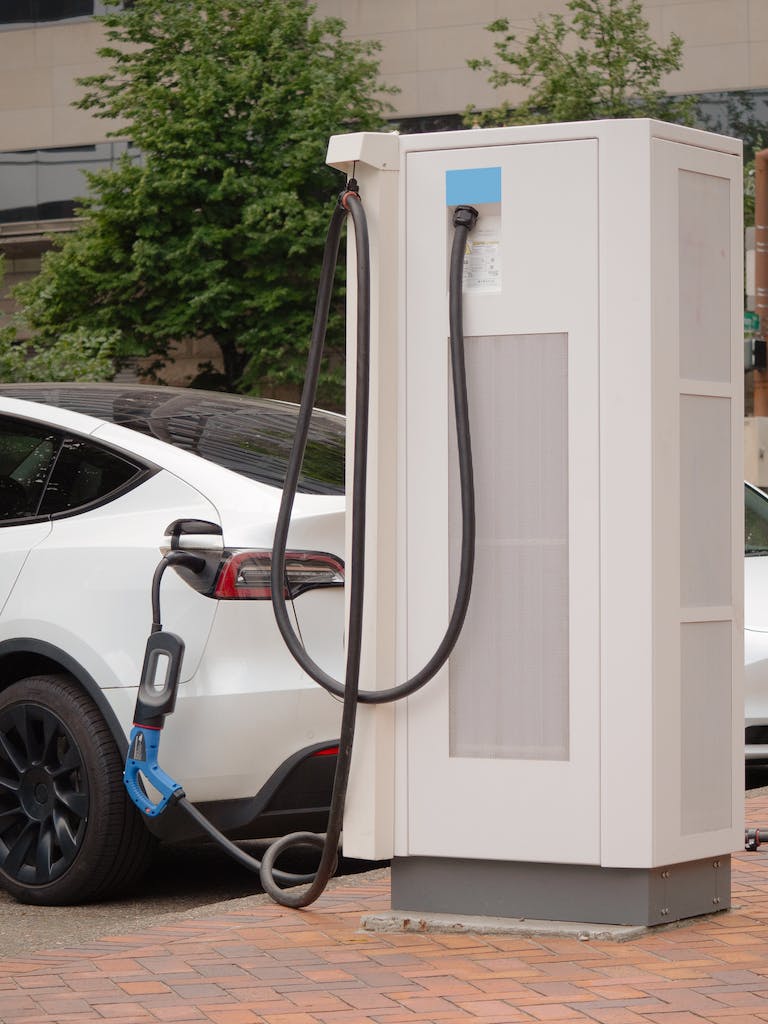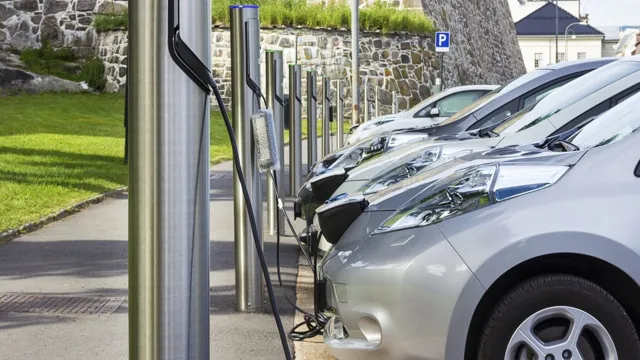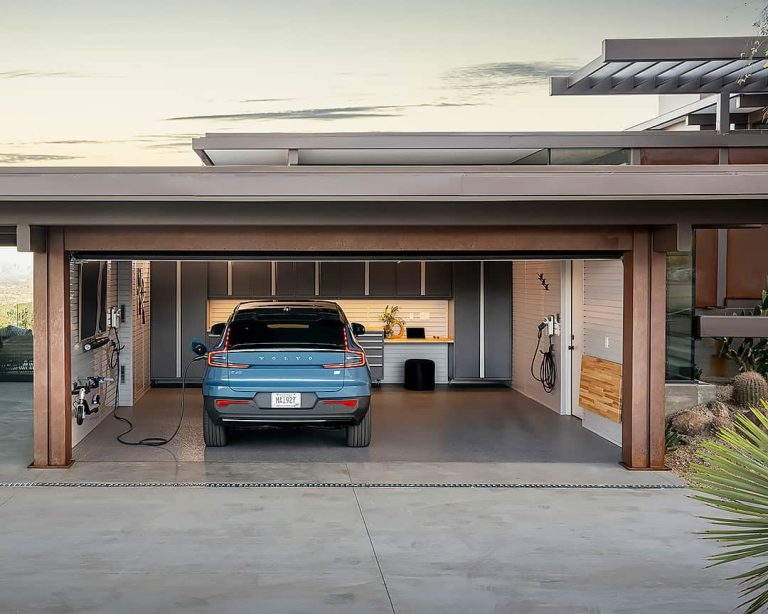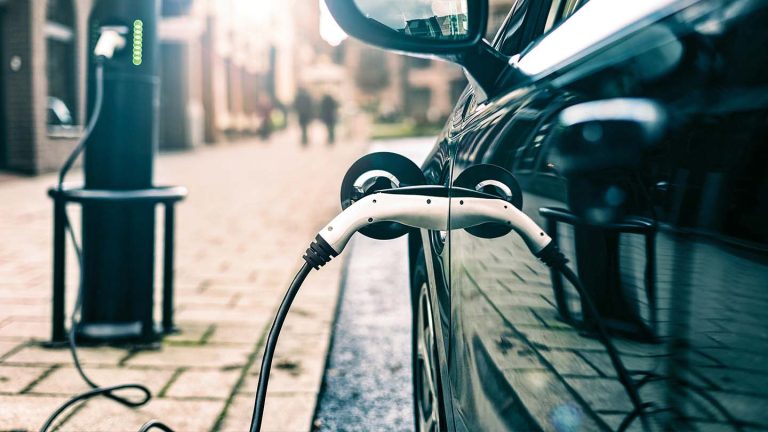How Much to Install Electric Car Charger : Cost-effective Electric Car Charger Installation Options
With the increasing popularity of electric vehicles (EVs), more and more homeowners are considering installing electric car chargers at their residences. Whether you want to reduce your carbon footprint or enjoy the convenience of charging your car at home, installing an electric car charger is a smart investment. However, one of the common concerns for homeowners is the cost associated with installing an electric car charger. In this guide, we will discuss the factors that determine the cost and provide a comprehensive overview of how much it costs to install an electric car charger.

Credit: www.bobvila.com
Factors Affecting the Cost of Installing an Electric Car Charger
Several factors can influence the cost of installing an electric car charger. It’s essential to consider these factors to get an accurate estimate of the total cost.
1. Type Of Charger
The cost of installation largely depends on the type of charger you choose. There are three main types of electric car chargers:
- Level 1 Chargers: These chargers typically come standard with electric vehicles and can be plugged into a standard 120-volt outlet. The installation cost is minimal as it requires no additional electrical work.
- Level 2 Chargers: Level 2 chargers require a 240-volt circuit and offer faster charging times compared to Level 1 chargers. The installation cost is higher as it may require electrical upgrades and professional installation.
- DC Fast Chargers: These high-powered chargers are capable of charging an EV much quicker than Level 1 and Level 2 chargers. Installing DC fast chargers is the most expensive option and may require significant electrical work.
2. Electrical Panel Capacity
The capacity of your electrical panel plays a crucial role in determining the cost of installation. If your current electrical panel does not have sufficient capacity to support a new charger, you may need to upgrade to a higher-capacity panel, which can significantly increase the installation cost.
3. Wiring And Conduit Requirements
Depending on the distance between the electrical panel and the location of the charger, the wiring and conduit requirements can impact the installation cost. Longer distances may require more materials and labor, leading to higher costs.
4. Permitting And Inspection
Obtaining permits and scheduling inspections are essential steps in the installation process. Permit fees and inspection costs can vary depending on your location and local regulations.
5. Additional Features And Accessories
If you opt for additional features such as Wi-Fi connectivity, charging timers, or enhanced safety features, it will add to the overall cost of the installation.
Estimated Cost of Installing an Electric Car Charger
While the cost of installing an electric car charger can vary significantly based on the factors mentioned above, we can provide a general estimate to give you an idea of what to expect.
| Type of Charger | Average Installation Cost |
|---|---|
| Level 1 Charger | $100 – $300 |
| Level 2 Charger | $800 – $1,500 |
| DC Fast Charger | $10,000 – $40,000 |
These are rough estimates and actual costs may vary based on individual circumstances. It’s important to obtain quotes from licensed electricians to get a more accurate understanding of the total installation cost.
Conclusion
Installing an electric car charger at home is a worthwhile investment for EV owners. While the cost of installation can seem daunting, the long-term benefits in terms of convenience and sustainability outweigh the initial expenses. Be sure to assess your specific requirements and consult with professionals to determine the most suitable charger and installation approach for your home.






